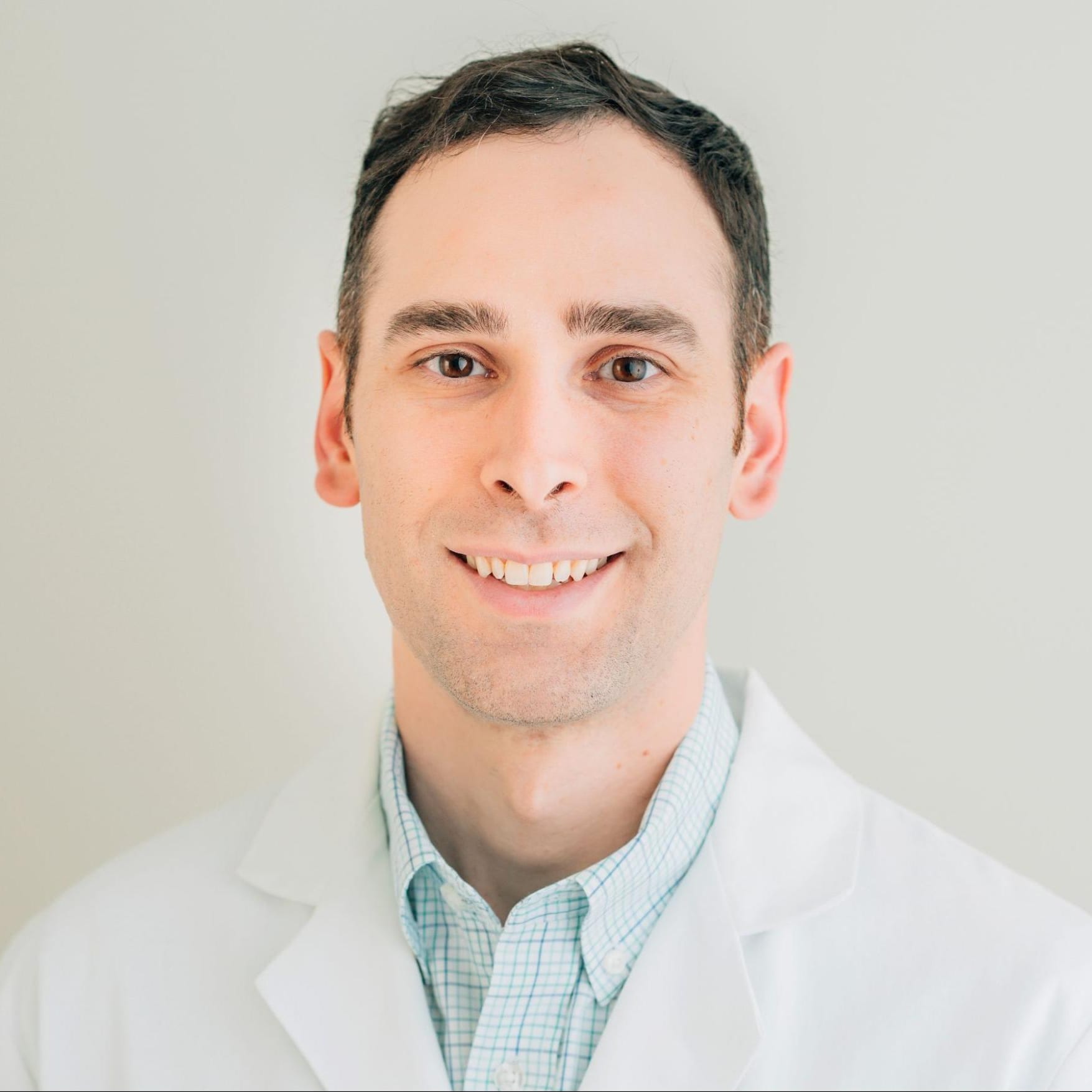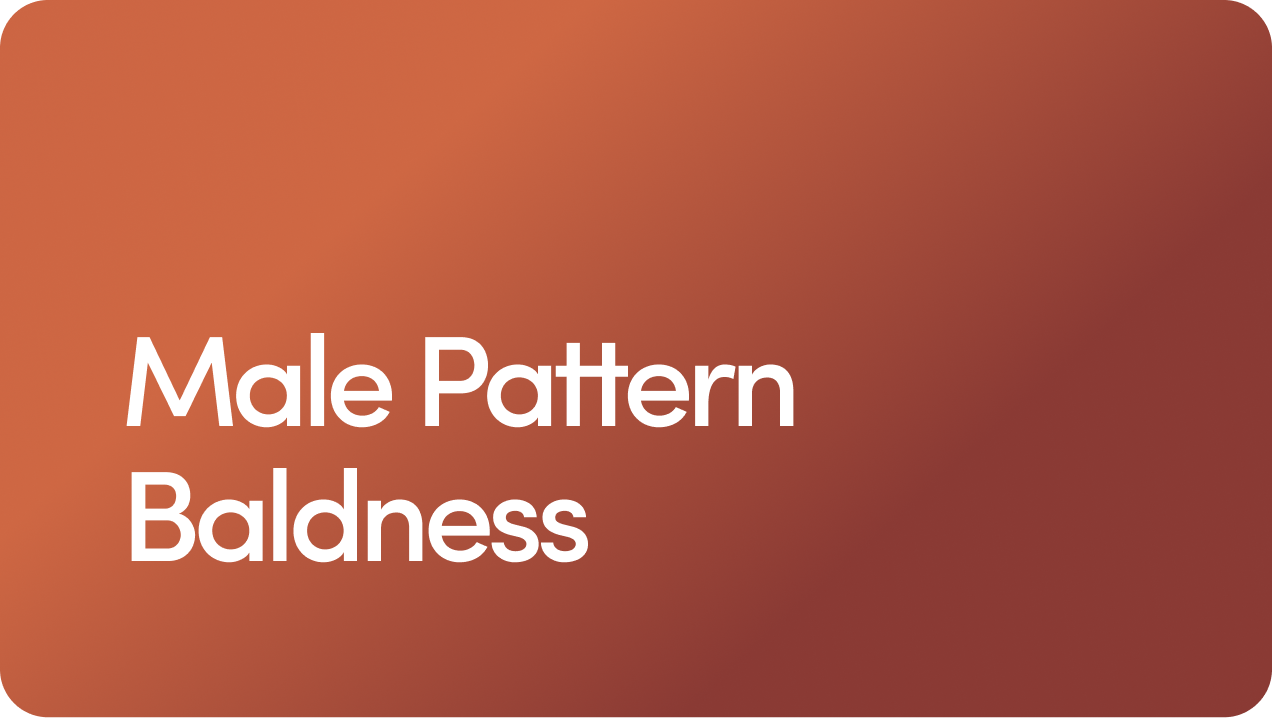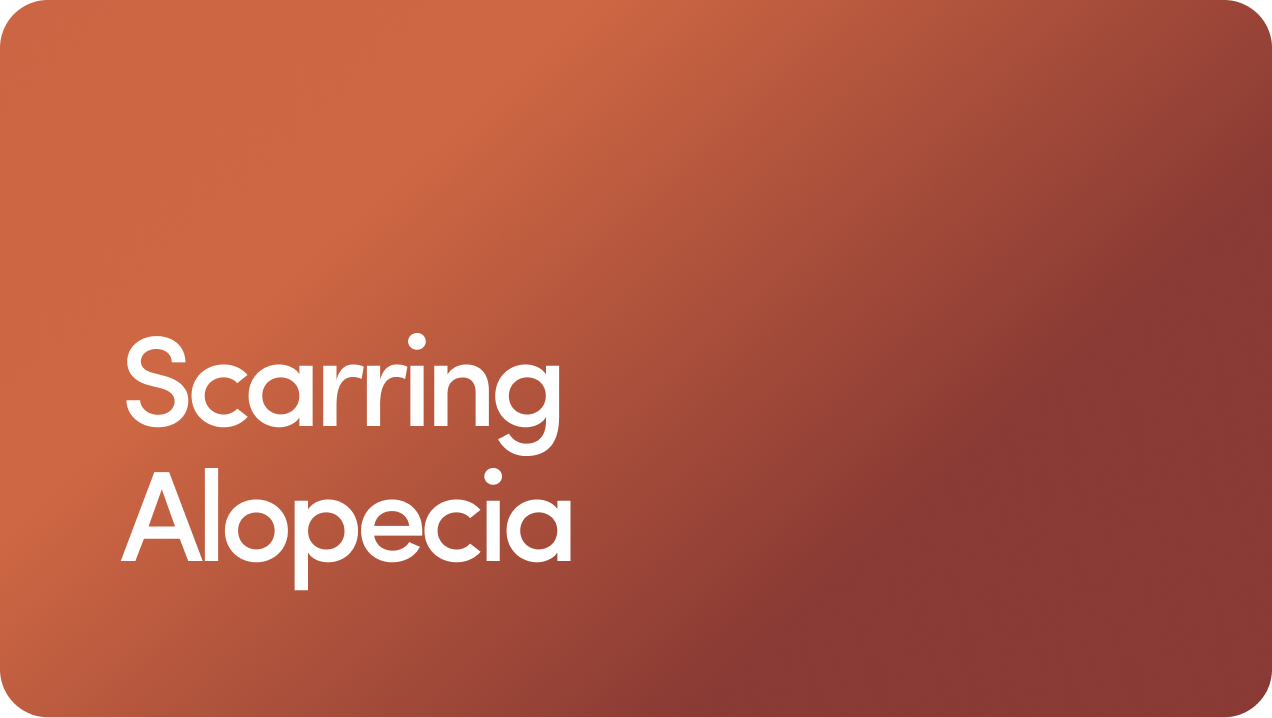Content
FDA approved for more than 25 years
Can Finasteride Cause Insomnia?

It’s 2 a.m., and you’re tossing and turning. Could that second cup of coffee you drank a little too late in the afternoon be to blame? Or anxiety about a busy day at work tomorrow? You might also wonder if one of your medications is the issue — can finasteride cause insomnia?
Like all medications, finasteride — a well-known hair loss treatment — can cause adverse effects in a small percentage of men. However, there’s no scientific evidence to suggest that difficulty falling or staying asleep is one of them.
Below, we’ve discussed how finasteride works as a treatment for male pattern baldness and the potential side effects it can cause.
We’ve also explained why finasteride probably isn’t to blame if you’ve recently begun to develop sleep issues such as insomnia.
Finally, we’ve shared what you can do if you’re affected by sleep disturbances, from changes to your habits and lifestyle to treatments you can discuss with your healthcare provider.
Content
How Does Finasteride Work?
Finasteride is a prescription medication for androgenetic alopecia, also known as male pattern baldness. It’s available as a generic medication and under the brand name Propecia®.
Along with minoxidil, another medication approved by the U.S. Food and Drug Administration (FDA) for hair loss, finasteride is the most effective treatment available for male pattern baldness.
Finasteride belongs to a class of medications called 5α-reductase inhibitors. It works by blocking the conversion of testosterone to dihydrotestosterone (DHT), a hormone that can attach to your hair follicles and cause them to become miniaturized.
As hair follicles undergo miniaturization, each hair's growth phase shortens, leading to thinner hairs that are eventually unable to break through the scalp.
Our guide to DHT and male hair loss goes into more detail about this process, including how the effects of DHT can damage your hair and contribute to signs of hair loss over the long term.
Finasteride reduces your DHT levels by around 70 percent — enough to either slow down or stop hair loss in most men. Many men who take finasteride even notice improvements in their hair growth in areas such as the hairline and vertex scalp.
Can Finasteride Cause Side Effects?
Finasteride has been available since the 1990s, meaning we have access to several decades of scientific research on both its positive and adverse effects.
Like all medications, finasteride can produce certain side effects. The most common side effects of finasteride are sexual side effects, such as:
These side effects can sound alarming, but it’s important to put them in context. In clinical trials, only 1.8 percent of men who used finasteride reported developing less interest in sex, compared to 1.3 percent of men who used a placebo treatment.
Similarly, only 1.3 percent of men who used finasteride to treat male pattern hair loss developed erectile dysfunction.
In other words, sexual dysfunction from finasteride is possible, but it’s uncommon. You can learn more about these potential adverse effects in our complete guide to finasteride side effects.
Does Finasteride Cause Insomnia?
So far, none of the large-scale clinical trials conducted on finasteride have found any sleep-related side effects, such as difficulty falling asleep, changes in your sleep patterns, or reduced sleep quality.
In other words, no scientific evidence suggests that finasteride will keep you awake at night or cause you to wake up after you’re asleep, and there’s no warning about drowsiness on the FDA label for Propecia.
In addition, no research suggests that reduced DHT levels impact your sleep patterns or risk of severe insomnia.
There’s also no evidence that finasteride works like a stimulant once it’s in your body or that it’s involved in any biological processes that could affect your ability to fall asleep.
Does finasteride make you tired? Research doesn’t suggest that finasteride has any noticeable impact on your need to sleep, meaning it’s also unlikely to make you feel sleepy.
In other words, if you’ve developed insomnia or other sleep issues after starting treatment with finasteride, it’s unlikely that finasteride is the root cause.
A variety of factors can contribute to poor sleep — from your mental or emotional state to your use of substances such as caffeine, nicotine, or tobacco.
You may be more at risk of developing insomnia if you feel stressed, work during the night or on a shift basis, have a lower income, often travel between time zones, have an inactive lifestyle, or have a mental health issue such as depression or anxiety.
You may also have a higher risk of experiencing insomnia or other sleep-related issues if you’re Black.
Insomnia can be acute or chronic. Acute insomnia — an occasional night or two with bad sleep — usually resolves on its own. However, chronic insomnia often only improves once you treat the underlying issue that’s affecting your sleep.
Try the following techniques to reduce your risk of insomnia and improve your sleep:
Stick to a consistent sleep schedule. The more consistent your sleep schedule is, the easier it will be to fall asleep. Try to maintain good sleep habits by going to sleep and waking up at the same time every day, including on the weekend.
Only nap earlier in the day. Like to nap? Try to avoid napping after 3 p.m., as this may make it more difficult for you to fall asleep at night time.
Limit your afternoon coffee consumption. Caffeine is a surprisingly powerful stimulant that can significantly impact your ability to fall asleep. It has a half-life of around five hours, meaning a cup of coffee from 4 p.m. will still be partly in your body at bedtime. So, if you’re a fan of coffee, energy drinks, or any other beverages that contain caffeine, try to limit your consumption in the afternoon, as they may affect your sleep.
Get checked for sleep disorders. If you’re concerned that you might have insomnia, let a healthcare professional know. They’ll be able to talk to you about your sleep habits and, if appropriate, diagnose you with insomnia. Depending on your symptoms and their severity, your healthcare provider might suggest taking a sleep study or using sleep medication before bed.
Consider taking part in therapy. If you suffer from a mental health disorder, you might be at increased risk of developing chronic insomnia. Common mental issues that may affect your ability to fall asleep include depression and anxiety disorders.
Many people with depression and/or anxiety benefit from a form of therapy called cognitive behavioral therapy (CBT). We offer online therapy as part of our range of mental health services, letting you easily access expert help from your home.
Our complete list of sleep hygiene tips goes into even more detail about steps you can take to fall and stay asleep more easily.
Finasteride is one of the most effective medications for hair loss in men, with millions of users in the United States alone.
As such, it’s very understandable to have concerns about potential side effects, including sleep issues such as insomnia.
Can finasteride cause insomnia? There is currently no high-quality scientific evidence to suggest that finasteride meaningfully affects your sleep, including stopping you from falling asleep or staying asleep throughout the night.
In general, here’s what you need to know about finasteride and sleep:
Currently, finasteride isn't associated with insomnia in large-scale clinical trials. This doesn’t mean it’s impossible to develop sleep problems while using finasteride, but it does strongly suggest that finasteride probably isn't responsible for them.
However, finasteride can produce side effects, including some that may affect your sex drive and erections. These are rare, but it’s important to talk to your healthcare provider if you feel worried about them.
Finasteride doesn’t cause withdrawal symptoms, meaning you can safely stop using it if you're worried about side effects. However, stopping finasteride can make your hair loss come back, meaning it’s best to talk to your healthcare provider first.
If you’ve noticed changes in your sleep after starting finasteride, the best approach is always to talk to your healthcare provider.
If you’re interested in treating hair loss, you can participate in an online hair loss consultation to find out more about your options, including evidence-based, FDA-approved medications to stop shedding and promote healthy hair growth.
You can also learn more about dealing with hair loss with our full guides, which include the types of hair loss that can occur in men, rapid male hair loss, and the best treatments for thinning hair.
6 Sources
- Evans J, et al. (2022). Caffeine. Retrieved from https://www.ncbi.nlm.nih.gov/books/NBK519490/
- Ho CH, et al. (2022). Androgenetic Alopecia. Retrieved from https://www.ncbi.nlm.nih.gov/books/NBK430924/
- McClellan KJ, et al. (1999). Finasteride: a review of its use in male pattern hair loss. Retrieved from https://pubmed.ncbi.nlm.nih.gov/9951956/
- PROPECIA- finasteride tablet, film coated. (2021). Retrieved from https://www.accessdata.fda.gov/spl/data/3c8dff7e-41ab-46db-bacf-c41cc237f9d9/3c8dff7e-41ab-46db-bacf-c41cc237f9d9.xml
- PROPECIA® (finasteride) Tablets, 1 mg. https://www.accessdata.fda.gov/drugsatfda_docs/label/2011/020788s018lbl.pdf
- Zito PM, et al. (2022). Finasteride. Retrieved from https://www.ncbi.nlm.nih.gov/books/NBK513329/
Editorial Standards
Hims & Hers has strict sourcing guidelines to ensure our content is accurate and current. We rely on peer-reviewed studies, academic research institutions, and medical associations. We strive to use primary sources and refrain from using tertiary references. See a mistake? Let us know at [email protected]!
This article is for informational purposes only and does not constitute medical advice. The information contained herein is not a substitute for and should never be relied upon for professional medical advice. Always talk to your doctor about the risks and benefits of any treatment. Learn more about our editorial standards here.
Knox Beasley, MD
Education
Bachelor of Science, Life Sciences. United States Military Academy.
Doctor of Medicine. Tulane University School of Medicine
Training
Dermatology Residency. San Antonio Uniformed Services Health Education Consortium
Certifications
Board Certified. American Board of Dermatology
Medical Licenses
Dr. Beasley is licensed in all 50 states
Affiliations & Memberships
Fellow, American Academy of Dermatology
Specialties & Areas of Focus
Hair Loss, Dermatology
Years of Experience
10 years of clinical practice as a Dermatologist
Previous Work Experience
Medical Director - YouHealth Medical Groups, 2025–
Private practice, 2024–
Chief of Dermatology - , 2015–2019
Publications
Wilson, L. M., Beasley, K. J., Sorrells, T. C., & Johnson, V. V. (2017). Congenital neurocristic cutaneous hamartoma with poliosis: A case report. Journal of cutaneous pathology, 44(11), 974–977.
Banta, J., Beasley, K., Kobayashi, T., & Rohena, L. (2016). Encephalocraniocutaneous lipomatosis (Haberland syndrome): A mild case with bilateral cutaneous and ocular involvement. JAAD case reports, 2(2), 150–152.
Patterson, A. T., Beasley, K. J., & Kobayashi, T. T. (2016). Fibroelastolytic papulosis: histopathologic confirmation of disease spectrum variants in a single case. Journal of cutaneous pathology, 43(2), 142–147.
Beasley, K., Panach, K., & Dominguez, A. R. (2016). Disseminated Candida tropicalis presenting with Ecthyma-Gangrenosum-like Lesions. Dermatology online journal, 22(1), 13030/qt7vg4n68j.
Kimes, K., Beasley, K., & Dalton, S. R. (2015). Eruptive milia and comedones during treatment with dovitinib. Dermatology online journal, 21(9), 13030/qt8kw141mb.
Miladi, A., Thomas, B. C., Beasley, K., & Meyerle, J. (2015). Angioimmunoblastic t-cell lymphoma presenting as purpura fulminans. Cutis, 95(2), 113–115.
Beasley K, Dai JM, Brown P, Lenz B, Hivnor CM. (2013). Ablative Fractional Versus Nonablative Fractional Lasers – Where Are We and How Do We Compare Differing Products?. Curr Dermatol Rep, 2, 135–143.
Siami P, Beasley K, Woolen S, Zahn J. (2012). A retrospective study evaluating the efficacy and tolerability of intra-abdominal once-yearly histrelin acetate subcutaneous implant in patients with advanced prostate cancer. UroToday Int J, June 5(3), art 26.
Siami P, Beasley K. (2012). Dutasteride with As-Needed Tamsulosin in Men at Risk of Benign Prostate Hypertrophy Progression. UroToday Int J, Feb 5(1), art 93. https://www.urotoday.com/volume-5-2012/vol-5-issue-1/48691-dutasteride-with-as-needed-tamsulosin-in-men-at-risk-of-benign-prostatic-hypertrophy-progression.html
Why I Practice Medicine
Dr. Beasley began doing telemedicine while serving in the U.S. Army, providing dermatologic care for soldiers stationed around the world. This experience sparked his passion for telemedicine and inspired his commitment to expanding access to healthcare for patients across the United States.
Hobbies & Interests
In his free time, Dr. Beasley enjoys cooking, reading, and trips to the beach with his wife and two kids (with sunscreen of course).
Related Articles
Related Conditions
 Hair Loss
Hair Loss
 Male Pattern Baldness
Male Pattern Baldness
 Dandruff
Dandruff
 Scarring Alopecia
Scarring Alopecia
 Seborrheic Dermatitis
Seborrheic Dermatitis
